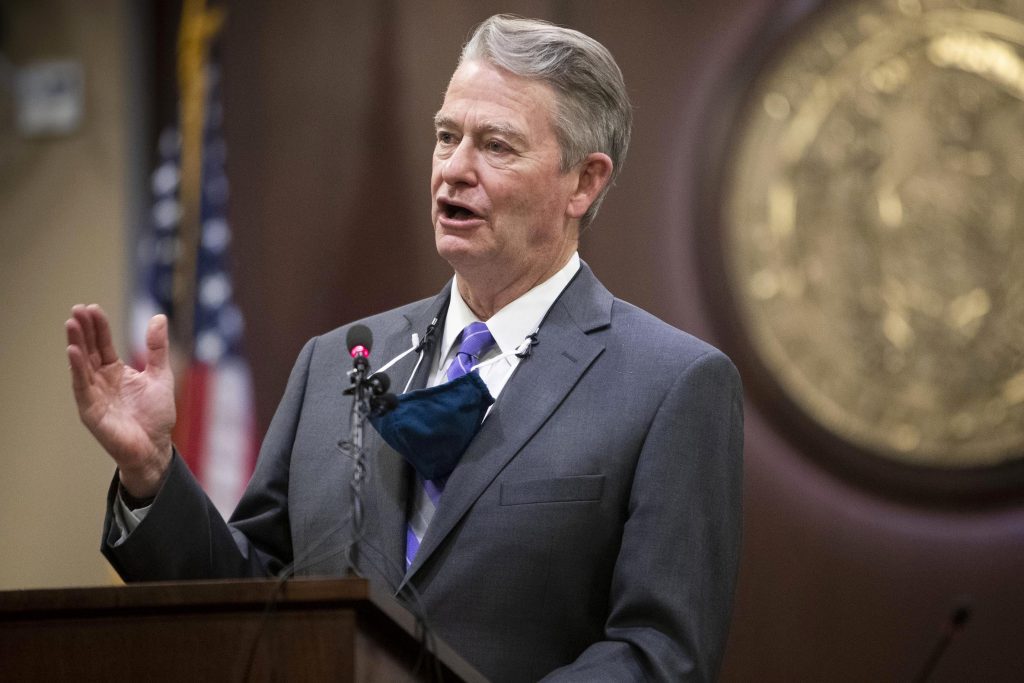Transgender individuals in Idaho will no longer have access to Medicaid and other government-funded programs to assist with the expenses of gender-affirming medical treatment due to a new state regulation that will become effective in July.
Republican Gov. Brad Little signed the bill on Wednesday after it was sent by Idaho’s GOP-controlled Legislature. Little’s office did not respond immediately to a request for comment.
The regulation, scheduled to take effect on July 1, prohibits the use of public funds for puberty blockers, hormones, and surgeries for transgender minors and adults, as well as prevents government-owned facilities from offering such services.
Those who deliberately violate the regulation could face charges of misusing public funds, which carry a penalty of up to $10,000 in fines and imprisonment ranging from one to 14 years.
Idaho joins a growing coalition of Republican-led states in preventing Medicaid funding for gender-affirming treatment for transgender individuals of all ages, as reported by the Movement Advancement Project, a nonprofit organization that monitors LGBTQ laws. The Medicaid policies of three states explicitly exclude transition-related treatment for minors.
In June, a federal judge invalidated a Florida regulation that excluded gender-affirming healthcare from Medicaid coverage, stating in a 54-page ruling that Florida had implemented the regulation “for political reasons.” During the same month, a federal judge in Arkansas halted the state’s prohibition on gender-affirming treatment for minors, including within the state’s Medicaid program.
Little has stated multiple times that he opposes using public funds for gender-affirming treatment. In a letter to Idaho’s Department of Health and Welfare in May, Little expressed his disapproval of utilizing Medicaid funds for puberty blockers, hormones, and surgeries for transgender youths and adults.
“Hardworking taxpayers should not be obligated to finance an adult’s sex reassignment surgery,” he stated.
In April, Little approved legislation making it a felony for healthcare providers to provide gender-affirming treatment to minors in Idaho. In a letter to House leadership, Little emphasized the importance of shielding minors “from surgeries or treatments that can irreversibly harm their healthy bodies,” and mentioned that as legislators, “we should exercise great care when considering government involvement in the decisions of caring parents about what is best for their children.”
In December, a federal judge temporarily halted the state’s prohibition from being enforced. In February, Idaho appealed that ruling to the Supreme Court.









